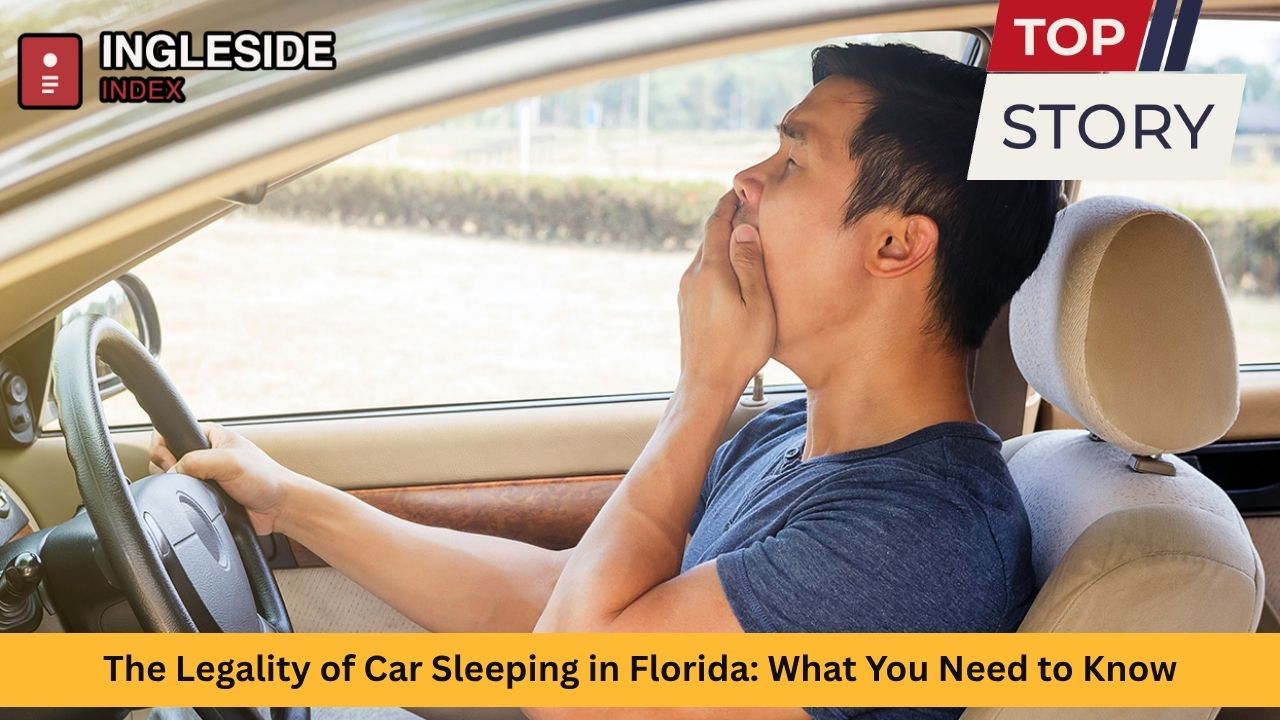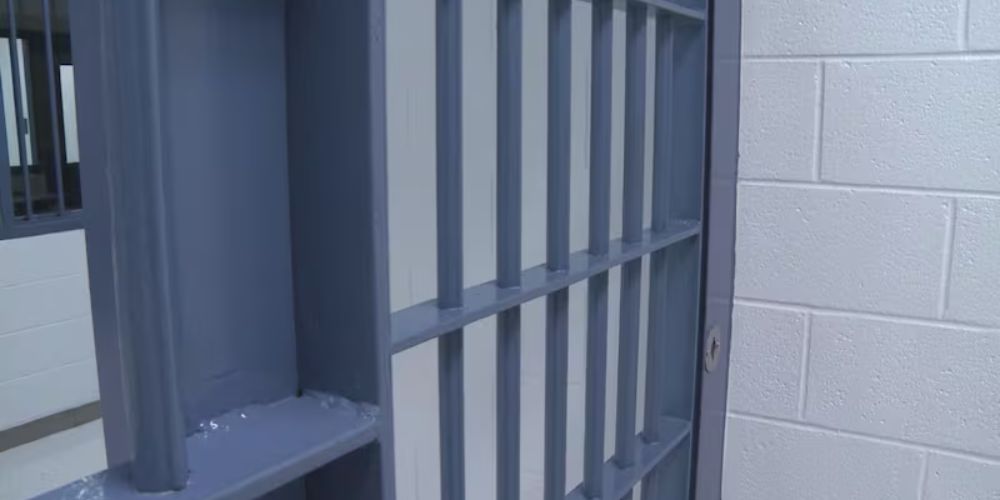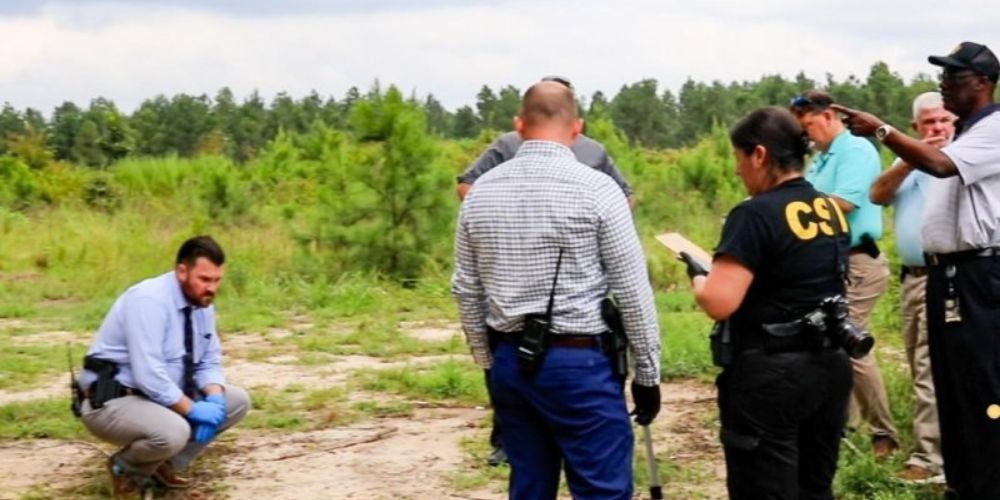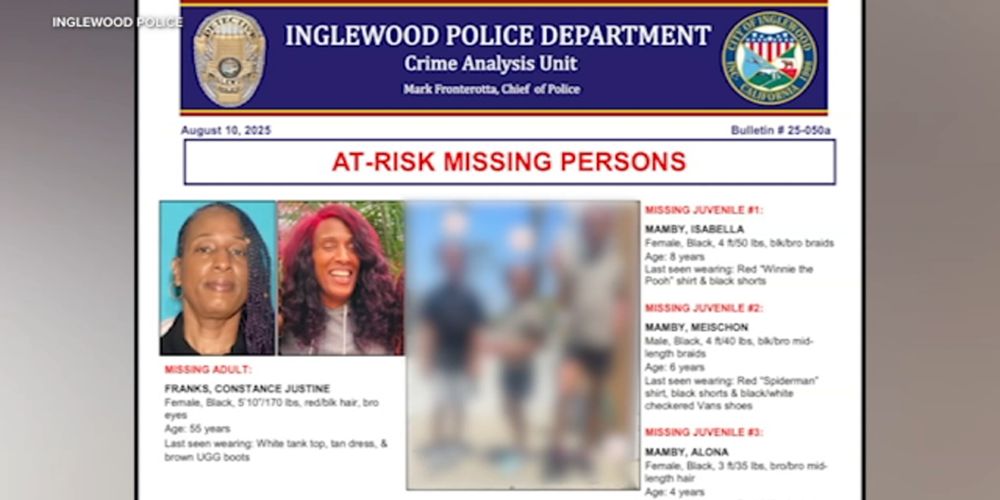Florida’s warm climate and scenic routes attract countless road trippers, digital nomads, and budget-conscious travelers. However, laws regarding sleeping in vehicles are far from uniform across the Sunshine State. This guide breaks down statewide and city-specific regulations to help you avoid fines and stay safe while resting in your car.
Why People Sleep in Cars in Florida
Common Reasons
- Travel and Tourism: Budget travelers often use car sleeping to save on accommodation.
- Housing Insecurity: Economic challenges, especially in cities like Miami and Fort Lauderdale, have made vehicle habitation more common.
- Lifestyle Choice: Many embrace car or van living for flexibility and adventure.
Florida’s Statewide Laws on Car Sleeping
General Overview
There’s no statewide ban on sleeping in your car, but specific activities or locations may violate local or traffic-related laws.
State Rest Areas and Highway Rules
- Rest areas allow parking up to 3 hours.
- Camping or extended stays are prohibited.
- Overnight stops to combat fatigue are generally allowed but monitored by law enforcement.
Public Intoxication and DUI Risks
- Sleeping in a car while under the influence may lead to DUI charges.
- Police may interpret having keys in the ignition as being in “physical control” of the vehicle.
City-Specific Regulations
Miami
- Strict bans on sleeping in cars on public property.
- Miami Beach actively enforces anti-camping and trespassing laws.
Tampa
- Some leniency in public lots and near the airport.
- Residential zones prohibit car sleeping.
Orlando
- Strict enforcement in parks and city streets.
- Select Walmarts may allow overnight parking with permission.
Jacksonville
- Permits rest at highway rest areas.
- Sleeping on city streets or parks is prohibited.
Fort Lauderdale & West Palm Beach
- Ban car sleeping in public spaces and most municipal lots.
Sarasota & Naples
- Overnight vehicle stays banned, especially near beaches and downtown.
Tallahassee & Gainesville
- Tallahassee enforces bans on public sleeping in vehicles.
- Gainesville offers some leniency near colleges.
Destin & the Panhandle
- RVs welcome at campgrounds.
- Public street parking for sleeping discouraged, especially in tourist-heavy areas.
Where Is It Actually Legal to Sleep in Your Car?
Safe and Legal Options
- Private Campgrounds & RV Parks: Require a fee but offer safety and legality.
- Retail Parking Lots: Walmarts, Cracker Barrels, and Lowe’s may allow it with manager approval.
- Truck Stops: Flying J, Love’s, and Pilot are generally accommodating.
- State Rest Areas: Best for short rests only, not full overnight stays.
Where You Shouldn’t Sleep in Your Car
Avoid these areas to prevent legal trouble:
- Residential Neighborhoods
- Public Parks and Beaches
- Downtown Districts and City Centers
Potential Consequences of Illegal Car Sleeping
- Fines: Can reach hundreds of dollars in cities like Sarasota or Miami Beach.
- Trespassing Charges: May apply if on private or posted property.
- Vehicle Towing: Risk of impoundment for repeat violations.
- Police Encounters: Some cities deploy patrols to move people along.
Tips for Responsible Car Sleeping
- Know Local Ordinances before parking.
- Always Ask Permission from business owners.
- Keep a Low Profile: Use curtains or sunshades and avoid lingering.
- Move Frequently: Rotate parking locations to avoid suspicion.
- Stay Sober: Avoid legal complications due to impaired presence in your vehicle.
Recent Trends in Car Sleeping Across Florida
- Housing Crisis Effects: Increased vehicle habitation in cities like Miami and Fort Lauderdale.
- Safe Parking Programs: Piloted in Orlando and St. Petersburg to offer secure overnight spots.
- Increased Enforcement: Some municipalities now crack down harder on repeat offenders.
What About Campgrounds and State Parks?
- State Parks (e.g., Bahia Honda, Myakka River): Legal for overnight stays with reservations and fees.
- National Forests: Limited vehicle camping allowed with adherence to guidelines.
Safety Considerations
- Choose Safe Locations: Well-lit truck stops and retail lots are best.
- Secure the Vehicle: Lock doors and keep valuables out of sight.
- Be Weather Aware: Avoid car sleeping during hurricane season (June–November).
- Keep Essentials: Emergency supplies like water, snacks, phone chargers, and first-aid kits.
Resources for Travelers and the Homeless
- Nonprofits in Miami & Jacksonville: Offer food, legal help, and hygiene services.
- City Programs: Some offer limited safe parking permits or resource centers.
Notable Stats and Facts
- Housing Costs: Rent has spiked across Florida, especially post-pandemic.
- Rest Area Usage: Hundreds of thousands use Florida rest areas daily.
- Retailer Trends: Walmart is the most common retailer offering overnight stays, but always check store-specific policies.
Frequently Asked Questions
Is it legal to sleep in your car anywhere in Florida?
No, legality varies by city and property type. Rest areas, retail lots (with permission), and campgrounds are usually safe options.
Can you get a DUI while sleeping in your car?
Yes, if under the influence and in control of the vehicle—even if parked.
Where can I safely sleep in my car in Florida?
Truck stops, campgrounds, select Walmarts and Cracker Barrels, and state park campgrounds are safest with proper permissions.
What places should I avoid?
Avoid residential neighborhoods, public beaches, and city parks unless clearly marked as allowing overnight stays.
Conclusion
Car sleeping in Florida can be safe and lawful—if you know where to go and how to avoid pitfalls. Each city brings unique rules, from strict enforcement in Miami to more lenient areas like Gainesville. Whether you’re exploring the Keys or resting near Tampa Bay, research, courtesy, and preparation are your keys to a peaceful night’s sleep.
Let me know if you’d like this formatted for a blog or converted into a printable PDF.











Leave a Comment